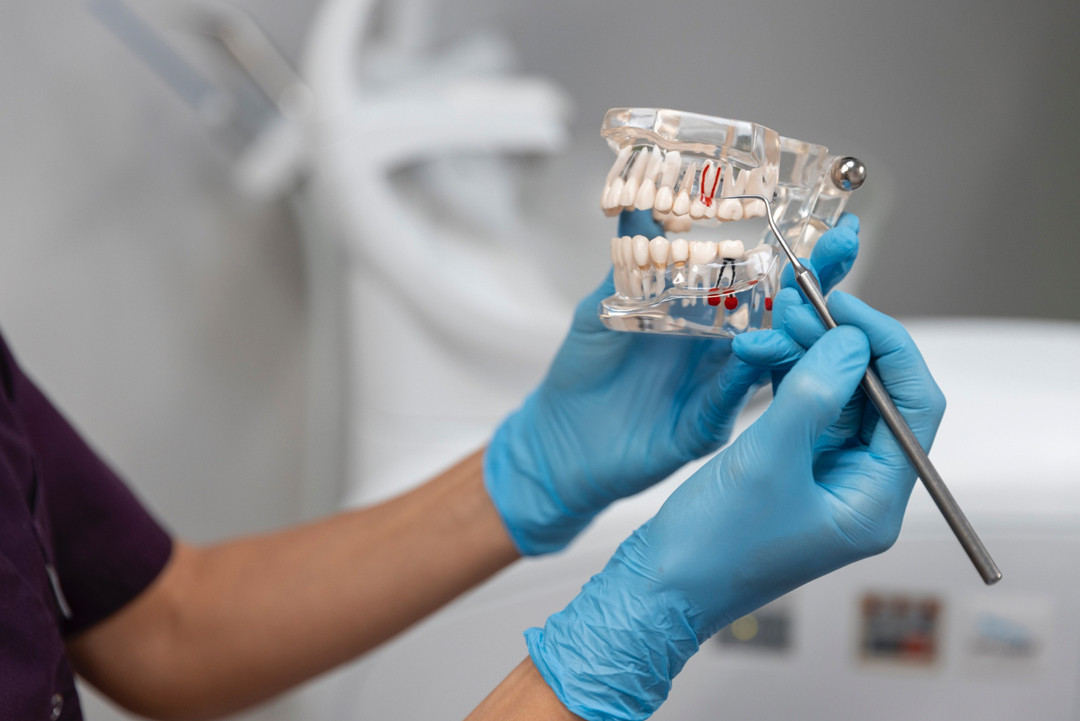Overview of Pediatric Gastroenterology
Pediatric gastroenterology focuses on the digestive health of children, addressing conditions from minor stomach issues to complex diseases like inflammatory bowel disease or celiac disease. With specialized care in gastroenterology, hepatology, and nutrition, pediatric gastroenterologists ensure optimal digestive health for infants, children, and adolescents.
Key Subspecialties
- Gastroenterology
- Focuses on diagnosing and managing:
- Reflux, gastritis, ulcers
- Inflammatory bowel diseases (e.g., Crohn’s, ulcerative colitis)
- Celiac disease
- Pancreatic disorders
- Hepatology
- Specializes in liver and biliary tract conditions, including:
- Jaundice and hepatitis
- Wilson’s disease
- Liver transplantation and post-operative care
- Nutrition
- Addresses:
- Obesity, food allergies, and appetite issues
- Nutritional support for chronic illnesses
- Feeding challenges like swallowing disorders
What Do Pediatric Gastroenterologists Do?
- Diagnose digestive and nutritional disorders, such as GERD, IBD, and lactose intolerance.
- Use specialized techniques, including endoscopy and colonoscopy, to treat and manage conditions.
- Provide tailored care plans, dietary guidance, and lifestyle modifications to promote long-term digestive health.
- Manage complex conditions like malnutrition, growth delays, and organ damage stemming from untreated disorders.
Diagnostic Techniques
Common Tools and Procedures:
- Imaging: Endoscopy, colonoscopy, ultrasound, MRI, CT scans
- Functional Tests: Urea breath testing, esophageal pH monitoring
- Biopsies: Liver, stomach, or intestinal samples for in-depth analysis
- Nutritional Assessments: Parenteral nutrition evaluations
Common Digestive Disorders and Treatments
- Gastroesophageal Reflux Disease (GERD):
- Symptoms: Heartburn, nausea, swallowing issues.
- Treatment: Acid-reducing medications and dietary adjustments.
- Inflammatory Bowel Disease (IBD):
- Conditions: Crohn’s disease and ulcerative colitis.
- Treatment: Anti-inflammatory medications, dietary changes, surgery if necessary.
- Celiac Disease:
- Cause: Gluten triggers an immune response.
- Symptoms: Abdominal pain, diarrhea, bloating.
- Treatment: Strict gluten-free diet.
- Constipation:
- Symptoms: Difficulty passing stools, abdominal discomfort.
- Treatment: Increased dietary fiber, fluids, and laxatives if prescribed.
- Food Allergies and Intolerances:
- Symptoms: Diarrhea, vomiting, bloating.
- Treatment: Elimination diets, medications, and immunotherapy in certain cases.
- Helicobacter Pylori Infection:
- Symptoms: Stomach pain, nausea, ulcers.
- Treatment: Antibiotics and acid-suppressing medications.
Advanced Treatment Options
- Endoscopy and Colonoscopy: Diagnostic and therapeutic purposes, including biopsies, foreign object removal, and variceal ligation.
- PEG (Percutaneous Endoscopic Gastrostomy): Feeding tube insertion for children unable to eat orally.
- Surgical Interventions: Address complex conditions like intestinal blockages or liver disease.
What Can You Do as a Parent?
- Prioritize Nutrition: Offer balanced meals with fruits, vegetables, and whole grains. Monitor for potential allergens or intolerances.
- Stay Active: Encourage regular exercise to promote digestion and prevent constipation.
- Be Observant: Watch for signs like abdominal pain, bloating, or irregular bowel movements.
- Create a Supportive Environment: Foster open communication so children feel comfortable sharing concerns.
- Follow Medical Advice: Adhere to prescribed dietary plans or treatments for specific conditions.
Why Pediatric Gastroenterology Matters
- Ensures early detection of digestive issues to prevent long-term complications.
- Promotes healthy growth, nutrition, and overall well-being in children.
- Supports families with education and strategies for managing chronic conditions.
Regular check-ups with a pediatric gastroenterologist are essential for maintaining optimal digestive health in children.


















